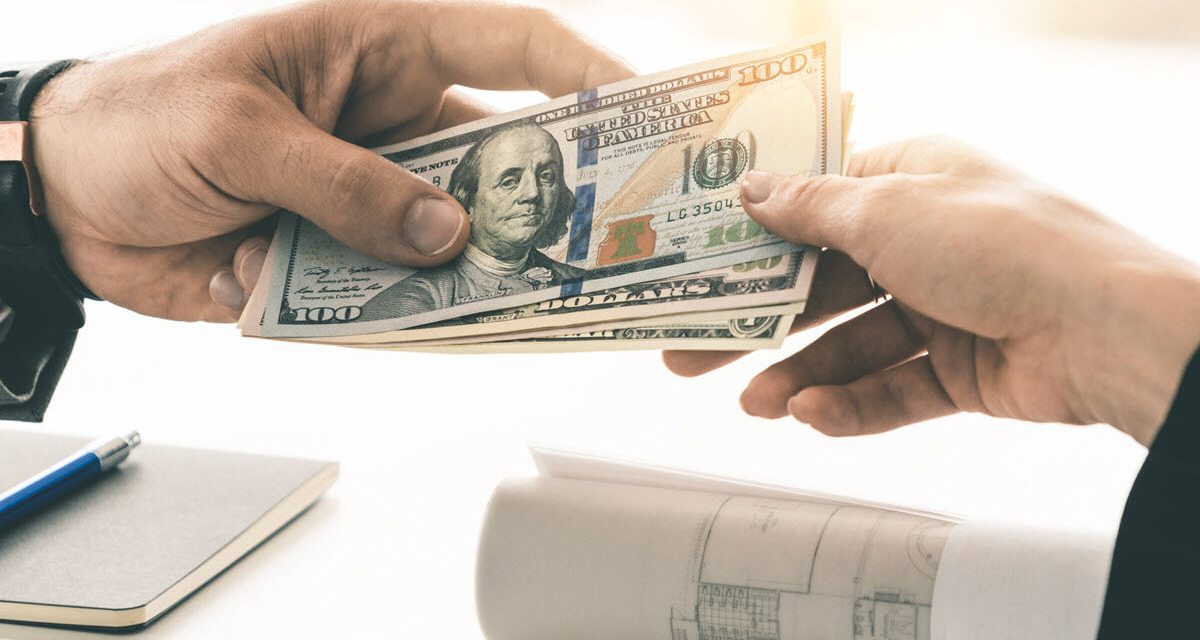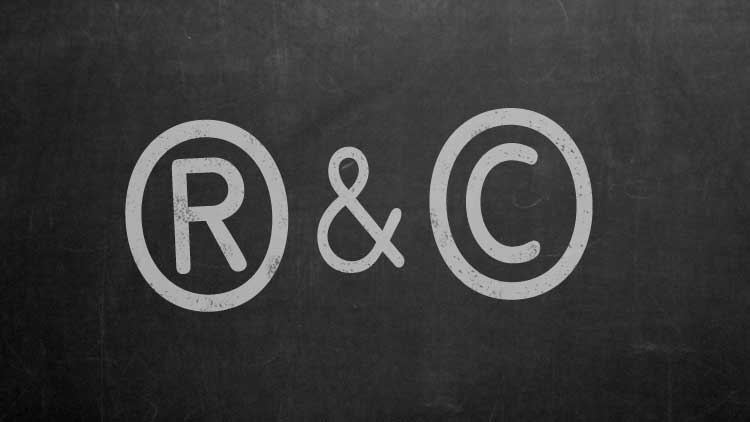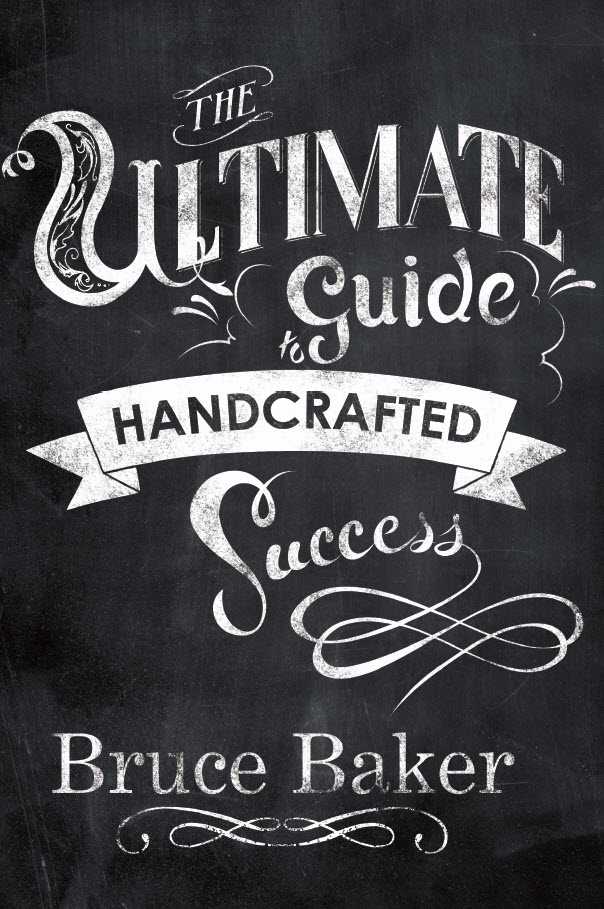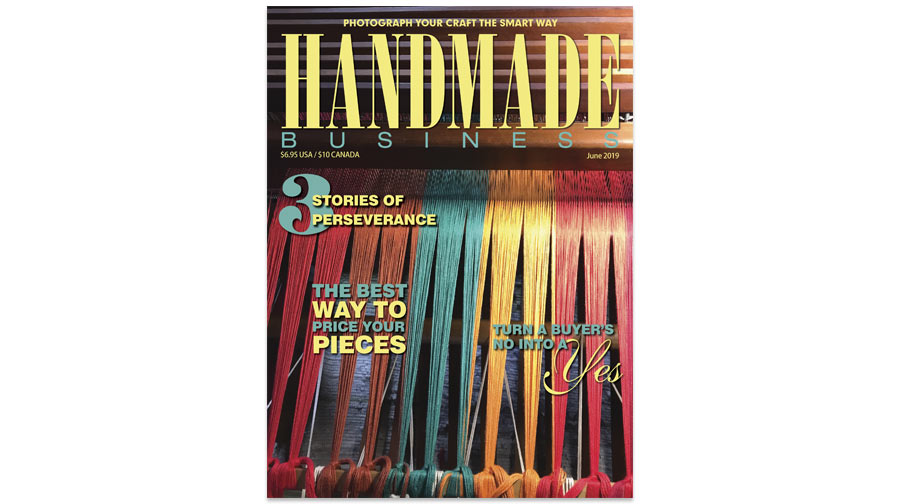By Patrice Lewis
When you work a craft show, it should be obvious that you will be handling money. But how to handle money often isn’t so clear.
The basics
You’ll need a cashbox, naturally. The ideal cashbox will have slots for different denominations of bills and coins. Plus, it’s also a perfect place to tuck other miscellaneous items—this can include credit card slips, receipt books, a calculator, assorted pens (at least five—they tend to walk away on their own), notepads, safety pins, business cards, etc.
Cash
Many people pay with cash, so come prepared to make lots and lots of change. Depending on the anticipated size of the crowd, $200 should probably be sufficient to start with.
Be sure to have coins with your startup cash, even if your products are priced evenly on the dollar ($6, $22, $35, whatever). You will need to charge sales tax for your state, changing the total. Keep a small calculator in your cashbox to assist in adjusting totals.
The $20 bill is the most common bill of exchange, so have lots of $10, $5 and $1 bills to make change. There is nothing more annoying to your neighboring vendors than asking them over and over again if they can break a $20. Be prepared.
Beware of scams
You may ask, “How can anyone scam you with cash?”
While we’ve never encountered this problem ourselves, we’ve heard instances of cash scams. A customer will hand you, say, a $10 bill to pay for an item. You put the bill in your cashbox and give them change, then the customer objects, “But I gave you $20, not $10.” How do you prove it?
If the original bill is already in the cashbox, you can’t. So instead of immediately tucking it away, place it on top of the table—anchor it with a paperweight if you’re outside—and make change with their original bill in plain sight. Don’t put it away until you’ve given them their change. If they try to tell you they gave you a larger amount, you have the original bill out to prove it.
Checks
What about checks? Isn’t the risk of a bouncing check too high to take?
We have taken hundreds and hundreds of checks in our 15 years in business, and exactly 5 have bounced. Maybe we’re lucky, but we’ve just never had a lot of problems. It’s up to you whether or not to accept checks.
If you do accept checks, take the usual precautions. If the customer acts shifty and nervous, you have the option to say you prefer cash or credit cards. If you do accept a check, write down a driver’s license number or at least confirm the phone number and address. If your customer has no identification and refuses to give you a phone number, there is a chance it might be a bad check.
This is a risk you take. However, we’ve found that the vast majority of customers are decent, trustworthy people. If a check does bounce, it may be an honest mistake on the part of the customer. In this case, they will be happy to fix the problem as well as pay any bank charges.
Credit cards
Now credit cards—that’s another story. Contrary to popular fears, we have experienced far more dishonesty with credit card purchases than with check purchases.
Part of the problem is that our shows are frequently in “remote” locations: there is no telephone landline, and cell coverage is spotty or nonexistent. We are reduced to either writing out a credit card slip by hand (just a tip: always get their phone number on the slip), or using one of those manual “chunk-chunk” machines.
Maybe people aren’t aware of how close they are to their credit limit, or maybe they are simply being dishonest, I don’t know. But I do know that if you can’t run a credit card right then and there, you risk a lost or difficult sale as you try to track down the buyer later.
Still, I’m not saying you shouldn’t accept credit cards. On the contrary, our sales skyrocketed once we got our merchant services account. However, if you can’t electronically verify the card at the time of sale, there is an increased risk that it will bounce later when you try to run it.
Here’s a little tip we’ve learned: If you’re going to be at a location with no phone or Wi-Fi service and are therefore unable to call in to clear a credit card, rent or purchase an electronic credit card machine and keep it “plugged” in and on display. The very sight of an electronic credit card machine—even if it can’t be used—is often enough to deter a buyer from passing off a maxed-out or hot credit card.
If you have electricity but no phone line, you can get a machine that will record the credit card purchase, and then everything can be downloaded that night as a batch file. Your merchant services rep can help you select a suitable machine for your needs. While you can’t catch a maxed-out credit card on the spot, this type of machine will at least weed out customers who know they’re maxed out (or who have a hot card) because they’re fooled into thinking the machine is checking their records.
Merchant service accounts
When we started our business, somehow we were convinced that we were too small to have a merchant services account. At that time, we could only accept checks or cash. Whenever we did a craft show, the first question many interested customers would ask is whether we took credit cards. When we replied in the negative, three out of four people would regretfully put the product back and walk out of the booth. In other words, we lost out on 75 percent of potential sales because we didn’t have a merchant services account.
So if you think your business is too small to accept credit cards, or you think a merchant services account is more hassle than it’s worth, I’m telling you otherwise.
The fact is, people prefer to pay by credit card for a number of reasons, including convenience and cardholder protection. If you as a vendor don’t have the ability to accept credit cards, you stand the possibility of losing an enormous chunk of business.
If you choose to open a merchant services account, go to a reputable bank or financial institution. We’ve been approached several times at craft shows by dubious merchant services salespeople “fishing” for crafters.
I remember once, early in our business, when I did a large craft show in a big city. Sales were slow and a man came into my booth. He looked around with apparent interest, then asked if we accepted credit cards. “No,” I began. “We’re too small a business to be able to take credit cards…”
“Well, I’m here to tell you you’re not!” he exclaimed. He whipped out some brochures and business cards. “Slick Willy here, and I can offer you excellent terms to set up a merchant services account…” It was all I could to keep from throwing up my arms in defense and yelling. I pushed Slick Willy out of the booth as quick as I could.
I suspect these types of salespeople are operating under the impression that small crafters feel too intimidated to approach a larger financial institution. I’m not saying they’re necessarily disreputable, but I wouldn’t do it. Go to a bank.
That said, you may have to wait a couple of years until you have a solid business history (and assuming you have a good financial record yourself) before a bank will look at you. Ask your neighboring crafters which financial institutions supply their merchant services accounts. A little research can save you money—and hassle.
Realize that you must generally pay about three percent of your credit card sales as fees for the merchant services account. This can be a bit of a shock during a busy season. However, paying three percent of your hard-earned money to the credit card companies is better than paying nothing at all because you lost so many sales.
You may also have to rent a credit card machine, either a manual type or an electronic one.
Cover your rear end
As with any financial transaction, make sure you make every effort to cover your fanny. I suggest you purchase several receipt books with carbon or carbonless copies, and give a receipt for every transaction you make.
Take good care of any credit card slips in your possession. Shred or burn carbon copies. It is your responsibility to make sure any credit card numbers entrusted to you for purposes of a transaction don’t fall into outside hands. Needless to say, remove all cash, credit card slips, and checks after closing. Nothing should be left in your booth, no matter how good the security.
Proper handling of financial transactions is obviously a critical aspect of successfully vending at a craft show. Take sensible precautions, and you’ll be fine.
Patrice Lewis is a wife, mother, homesteader, homeschooler, author, blogger, columnist, and speaker. An advocate of simple living and self-sufficiency, she has practiced and written about self-reliance and preparedness for almost 30 years. She is experienced in homestead animal husbandry and small-scale dairy production, food preservation and canning, country relocation, home-based businesses, homeschooling, personal money management, and food self-sufficiency. She and her husband have been married since 1990 and have two daughters.







